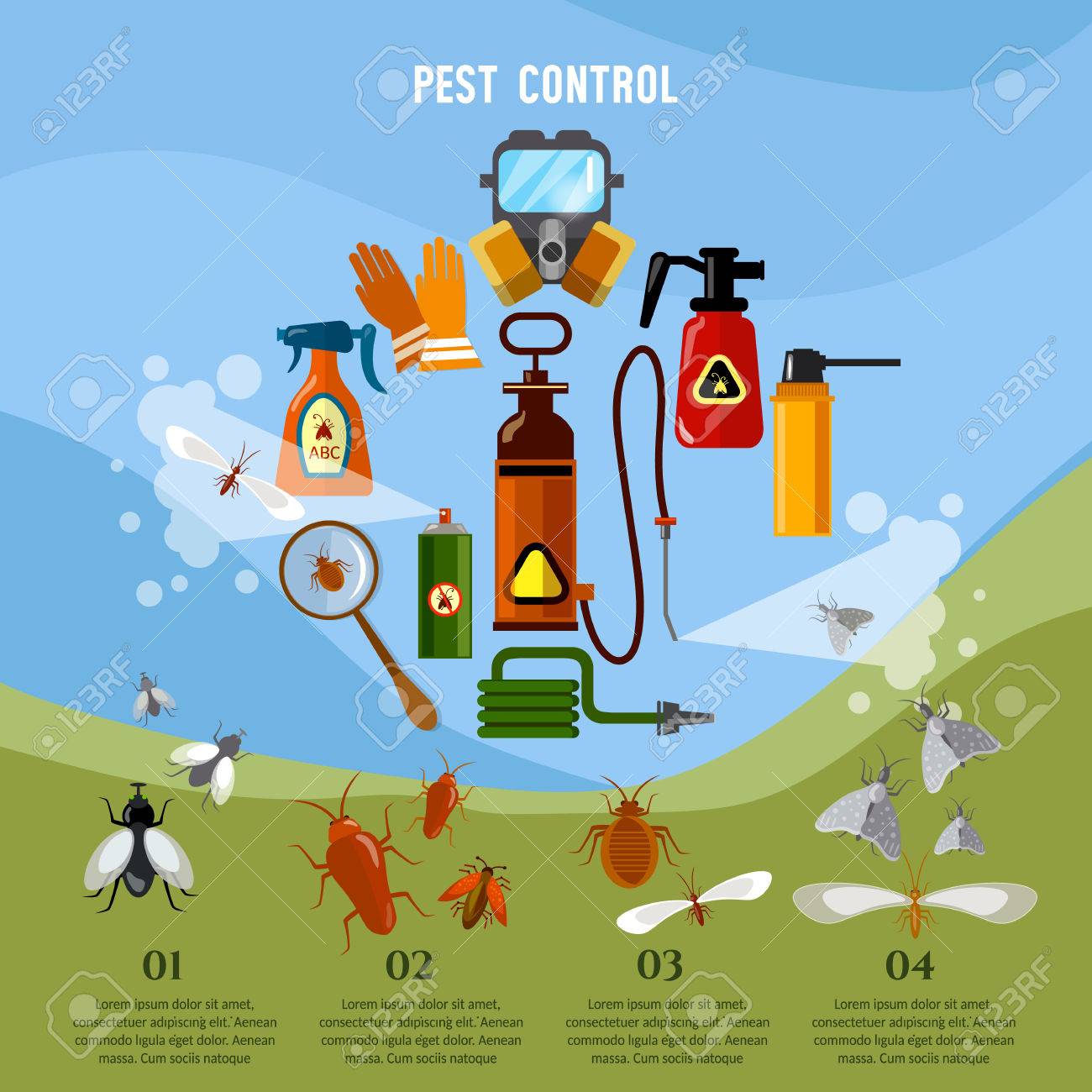The Pros And Cons Of Chemical Bed Insect Treatments: What You Required To Know
The Pros And Cons Of Chemical Bed Insect Treatments: What You Required To Know
Blog Article
Content Author-Buck Morsing
Did you understand that bed bugs are just one of one of the most hard insects to get rid of? If you're considering chemical therapies to do away with these pesky animals, it's important to consider the benefits and drawbacks.
In this post, we'll discover the efficiency of chemical bed bug treatments, the prospective health dangers connected with them, and their influence on the atmosphere.
By comprehending these factors, you'll be much better equipped to make an informed decision about tackling your bed insect trouble.
Performance of Chemical Bed Pest Therapies
You will be pleased to recognize that chemical bed insect therapies are typically rather effective in getting rid of infestations. These treatments function by targeting the bed pests' nerve system and disrupting their capacity to feed and replicate. By using chemicals specifically developed to eliminate bed pests, you can effectively remove them from your home.
One of the benefits of chemical treatments is their capability to get to even one of the most hard-to-reach areas, such as fractures and crevices where bed insects like to conceal. Additionally, chemical therapies can give resilient results, helping to stop future infestations.
However, it is essential to follow the instructions meticulously and take required safety and security preventative measures when making use of these therapies.
Prospective Health Threats of Chemical Bed Insect Treatments
There are numerous prospective health and wellness threats connected with chemical bed bug treatments that you need to understand. While these therapies can efficiently get rid of bed bugs, they may additionally position dangers to your health and wellness.
One usual risk is the direct exposure to poisonous chemicals. The pesticides made use of in these treatments can be harmful if inhaled or if they come into contact with your skin. Some people may experience allergic reactions or respiratory system issues therefore.
Furthermore, chemical therapies might leave behind deposit on surface areas, which can be consumed or taken in with the skin, leading to more health issues.
It is necessary to meticulously adhere to the guidelines given by experts and take necessary preventative measures to minimize the potential health risks connected with chemical bed pest treatments.
Environmental Effect of Chemical Bed Bug Treatments
One potential interest in chemical bed insect treatments is their effect on the environment. When considering the environmental effect of chemical bed insect treatments, below are four crucial factors to remember:
1. Pesticide runoff: Chemical treatments can potentially contaminate water resources, leading to dangerous impacts on water life and environments.
2. Air air pollution: The launch of chemical fumes throughout therapy can add to air contamination, impacting not only the setting however also human health and wellness.
3. Damage to valuable insects: Chemical therapies may not just target bed insects but also harm helpful pests such as bees and butterflies, which play vital duties in pollination.
4. Lasting results: Using chemicals may have lasting consequences on the environment, including soil contamination and interruption of all-natural ecological communities.
Taking into consideration these factors, it's vital to evaluate the potential risks and advantages of chemical bed pest treatments and explore different, much more environmentally friendly choices.
Conclusion
So, when it concerns chemical bed insect treatments, there are absolutely pros and cons to take into consideration.
On simply click the up coming internet site , they can be extremely reliable in removing these pesky parasites.
Nonetheless, there are mouse click the next internet page to be familiar with, along with the ecological influence of using chemicals.
It is necessary to evaluate these variables carefully before deciding on a treatment method.
But, suppose there was another solution? Something that could properly eliminate bed pests without the downsides?
Keep tuned, since there may just be an unexpected option on the horizon.
